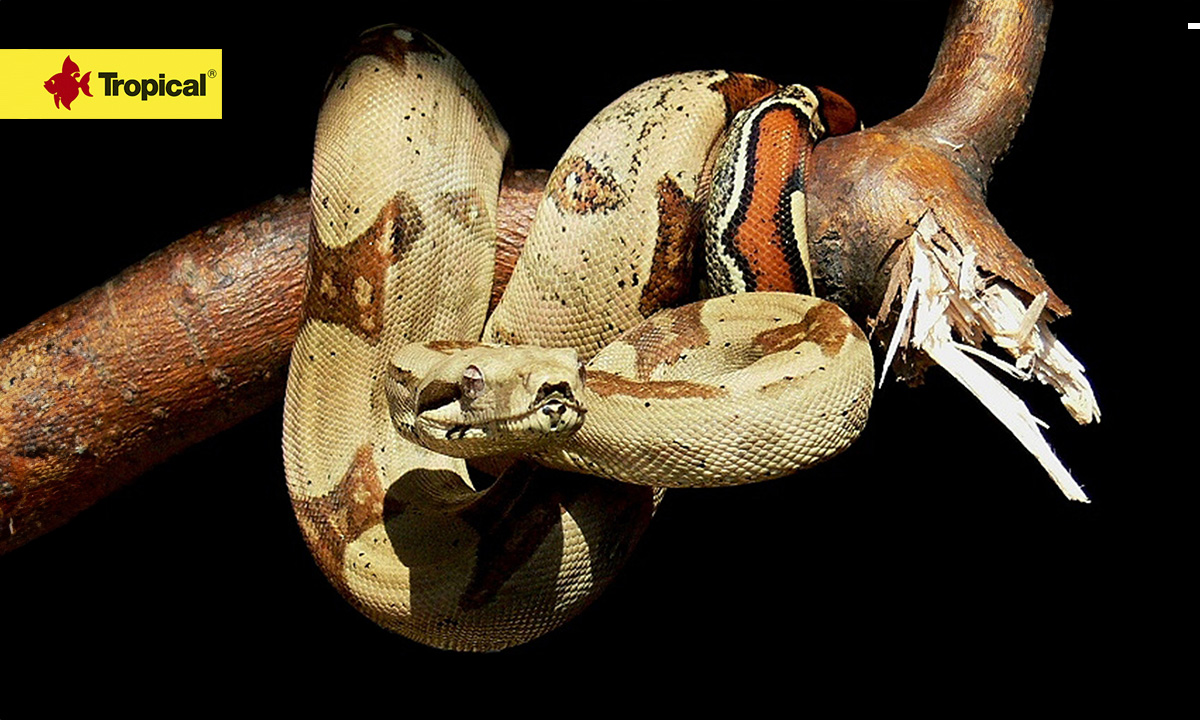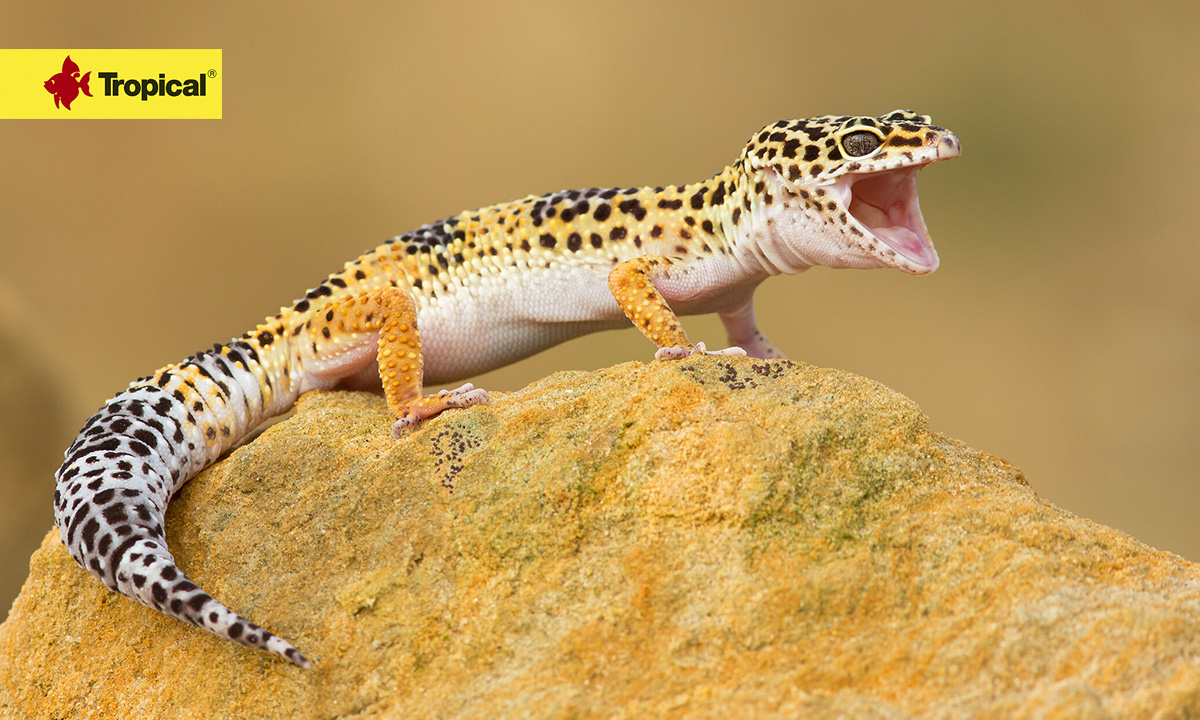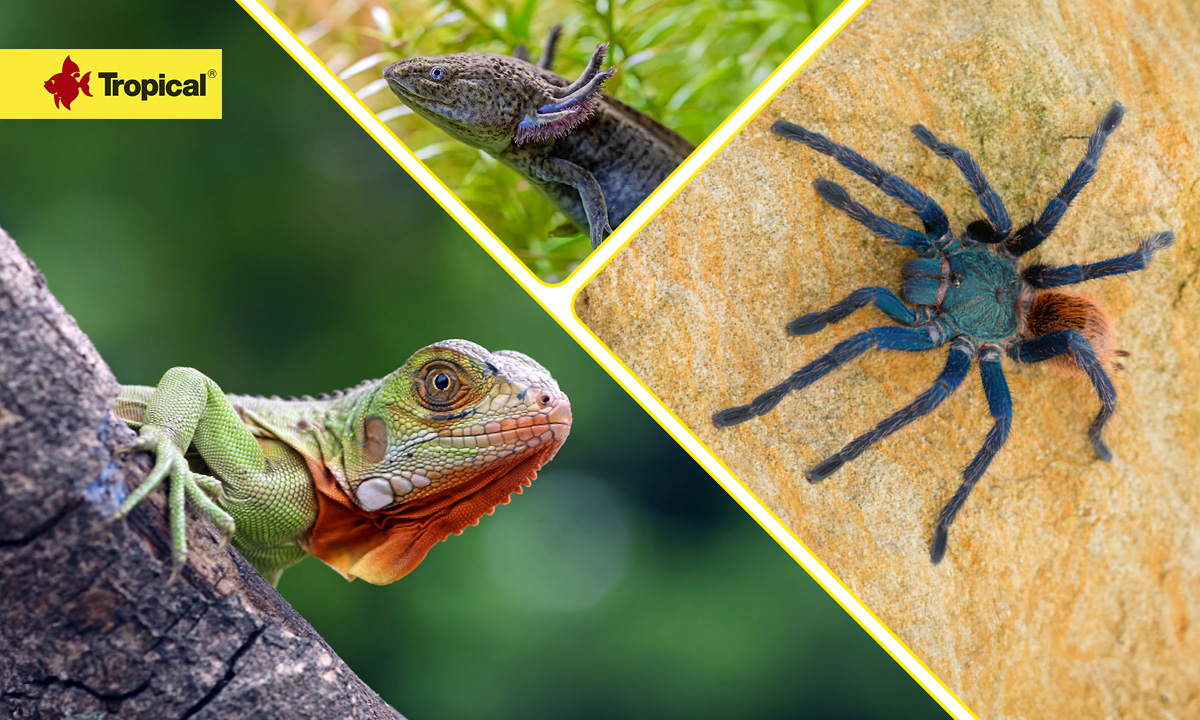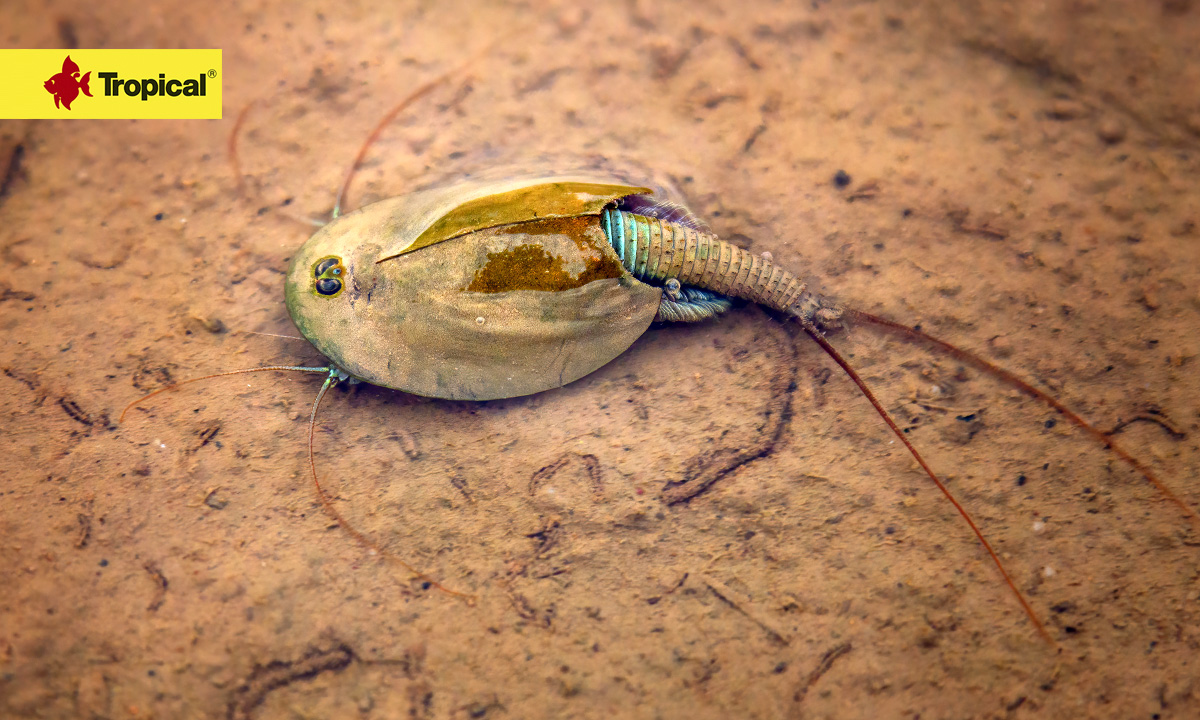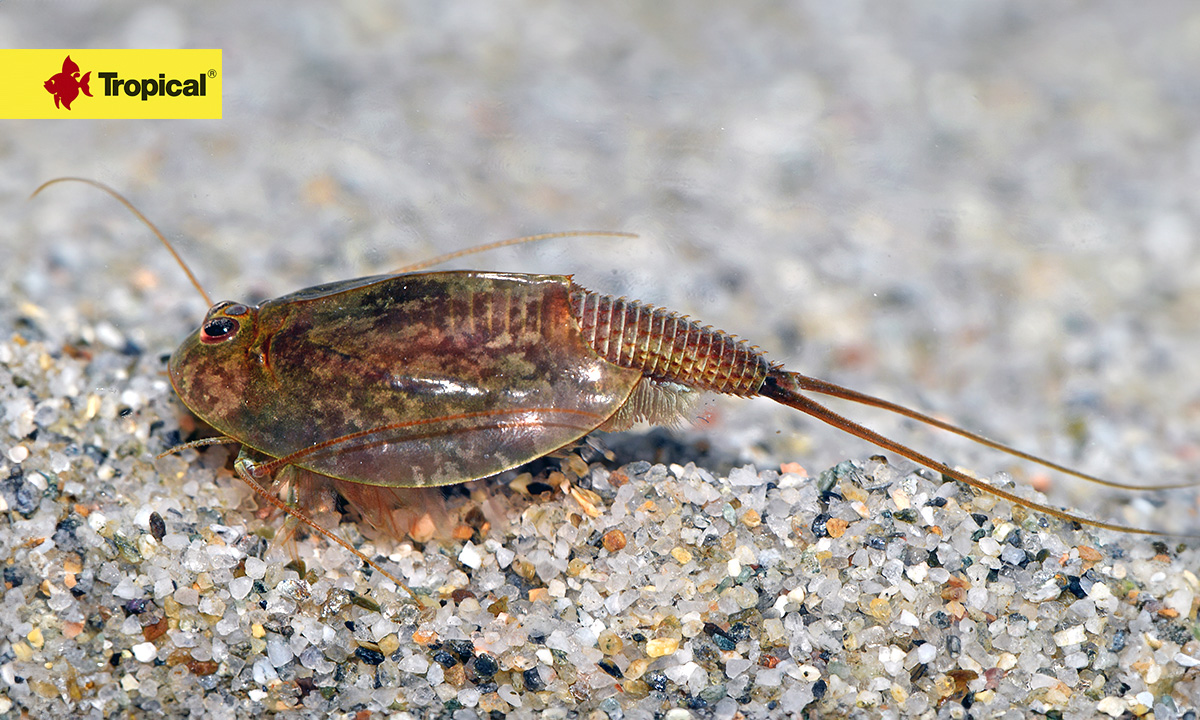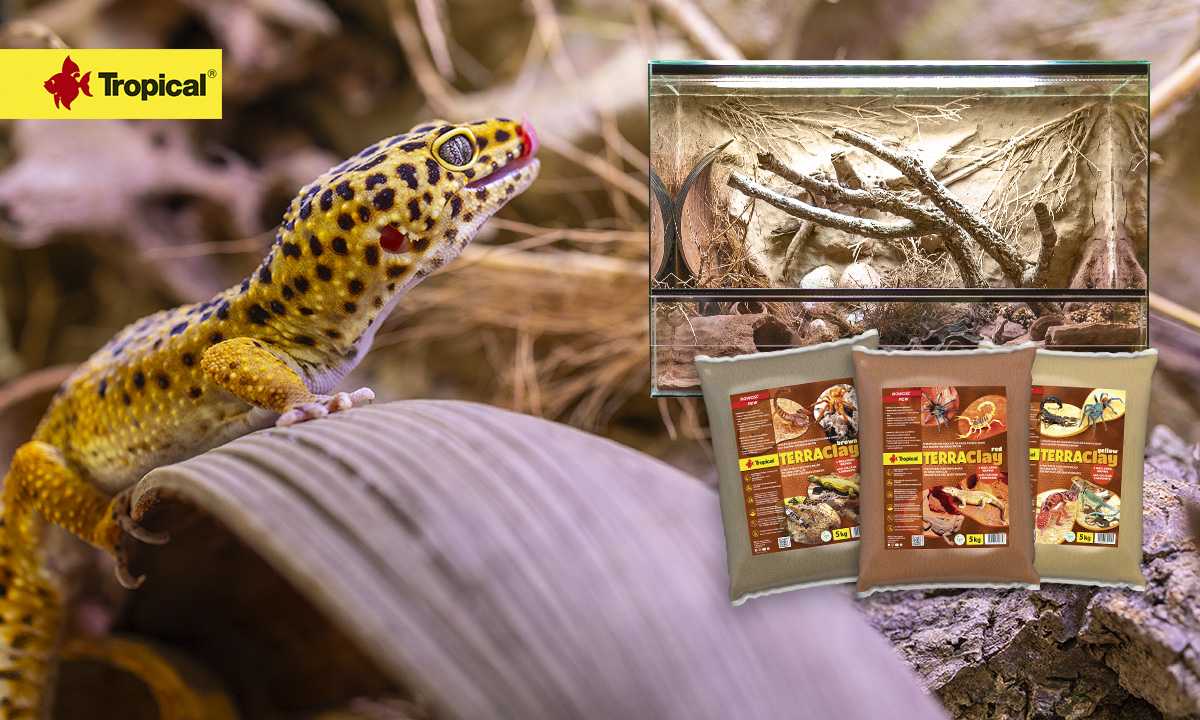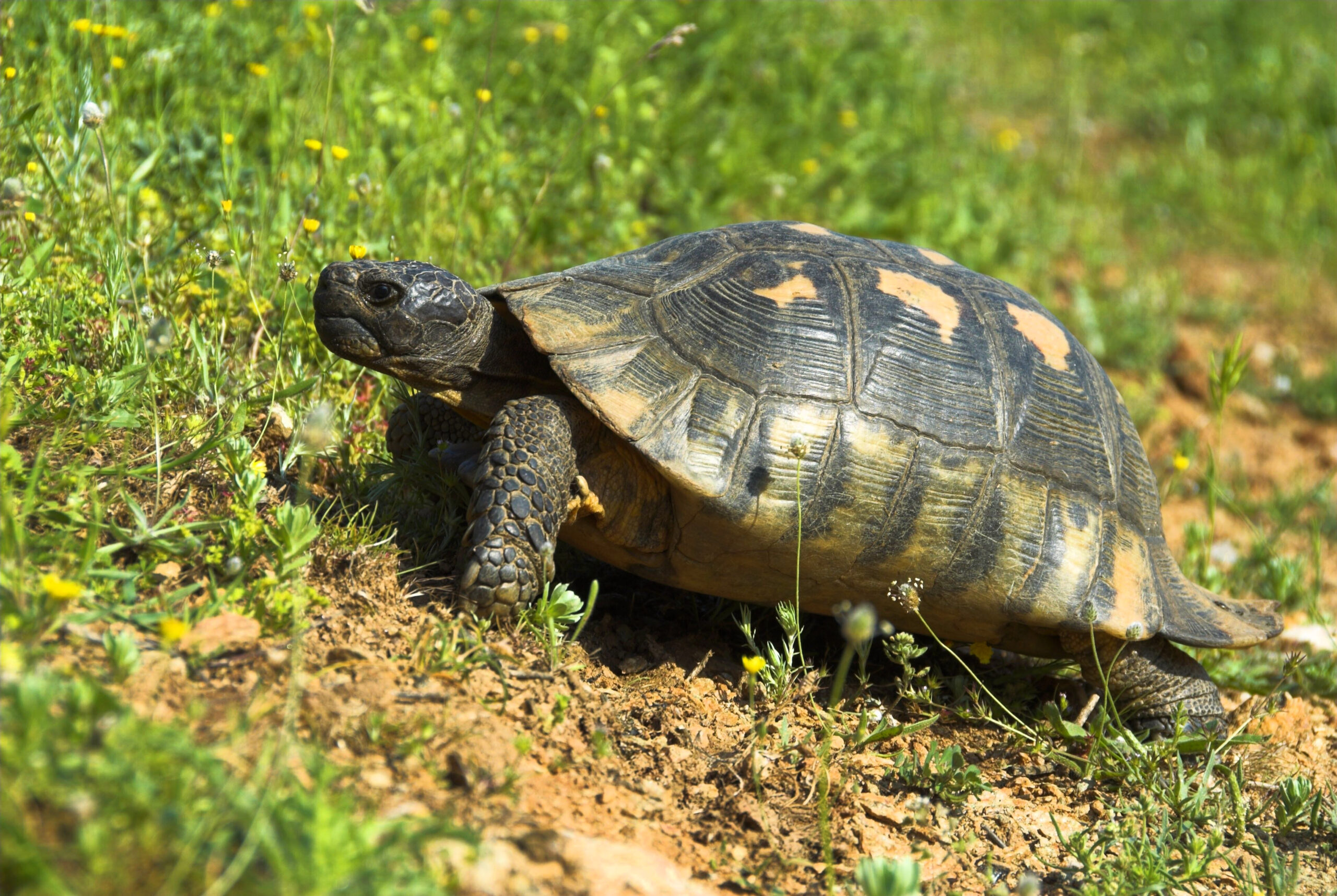What to feed herbivorous tortoises?
If you’ve read my previous post about tortoises, you already know how to prepare a terrarium and a paddock. Now it’s time to discuss the diet of tortoises from the Mediterranean areas. In this post, you’ll learn what to feed herbivorous tortoises to ensure their long life, excellent health and great condition.
What do tortoises eat in the wild?
A proper diet of herbivorous tortoises from the Mediterranean region is based on a diverse mix of grasses, herbaceous plants and flowers, which they eat in the wild. That’s why this is the food their digestive system is adapted to. Their diet is typically vegetarian, with no added animal protein. Herbivorous tortoises occasionally feed on carrion or small invertebrates but these are extremely rare situations. Most of the food of herbivorous tortoises should consist of plant fiber.
What to feed herbivorous tortoises at home?
In captivity, tortoises should be fed herbaceous plants, flowers and grasses as well. Thus, the best options include grasses (timothy, Bermuda grass), weeds, herbs and other green plants (dandelion, all varieties of clover, alfalfa, broadleaf plantain and narrowleaf plantain, Lady’s mantle, field bindweed, marigold flower). You can also serve arugula, radicchio, lettuce and potted spices (thyme, basil, oregano, mint).
Remember that natural foods should be supplemented and the best way to do it is to sprinkle the food with mineral and mineral-vitamin products, such as: Vigorept Mineral or Vigorept Multivit by Tropical.
Ready-made plant foods offered to tortoises should be rich in vitamins A and D3 and contain more available calcium than phosphorus. The ideal calcium to phosphorus ratio should be at least 2:1. The diet should also be low in fats, oils, proteins, thiocyanates and oxalates. Exactly like Tropical foods for herbivorous tortoises: Biorept L and Reptiles Herbivore.
What to avoid in the diet of herbivorous tortoises?
The natural environment in which these animals live has forced them to eat water-poor plants such as prickly pear, thistles, etc. Therefore, avoid foods rich in water, such as tomatoes and fruits, which cause excessive intestinal activity. In addition, fruits are high in sugars, so they should be present in the diet as a supplement and served really occasionally. As for fruit, forest fruits are the safest option: blackberry, raspberry, strawberry, blueberry. Avoid plants such as peas and beans and remember that it is unacceptable to feed them with cat or dog foods.
Effects of improper diet of tortoises
The diet should not include animal protein. Overfeeding and improperly balanced diet lead to excessive growth manifested by pyramidization of the shell, while mineral-vitamin deficiencies cause metabolic bone diseases such as rickets (MBD). For a young, growing tortoises, just a few weeks of an inappropriate diet can cause irreversible changes in their bodies. Mineral and vitamin supplementation is extremely helpful here. Use products from proven, trusted manufacturers, such as Vigorept Mineral and Vigorept Multivit. In addition to calcium, it is crucial to supplement tortoises with vitamins D3 and K2, which condition the absorption of calcium from the gastrointestinal tract into the blood, and then regulate the processes of incorporating calcium from the blood to the construction of bone mass. Avoid preparations that provide additional phosphorus. The amount of phosphorus in the food is enough for tortoises.
Literature
de Boer, M., Jansen, L. & Stumpel, J. (2019) Best Practice Guidelines for the Egyptian tortoise (Testudo kleinmanni), EAZA Reptile Taxon Advisory Group
Hatt, J M (2008). Raising giant tortoises. In: Fowler, M E; Miller, R E. Zoo and Wild Animal Medicine Current Therapy Ed. 6. St. Louis, 144-153
Jill Martin Fund, A. C., Highfield, N. (2008) Taking Care of Pet Tortoises, The Tortoise Trust
www.tortoisetrust.org

